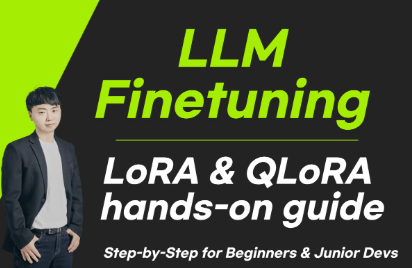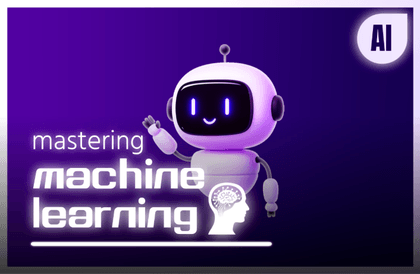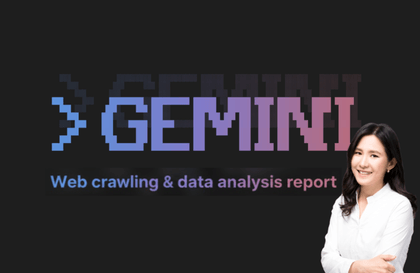
Click! Web Crawling & Data Analysis Like a Pro with AI (w. GEMINI CLI)
todaycode
$38.50
28%
$27.50
Beginner / Python, VSCode, gemini, Now Best
4.9
(30)
Creating Your Own Data Analysis Portfolio with Free Gemini CLI Vibe Coding: Data Collection, Analysis, Reporting, and Dashboard Automation Even if you are new to data collection, you can collect, analyze, visualize, and create reports and dashboards like a professional data analyst once you master the principles, prompt engineering, and VSCode. From Python data collection to report writing with Gemini CLI and VSCode: Learn prompt engineering and troubleshooting methods for foolproof data collection and analysis.
Beginner
Python, VSCode, gemini





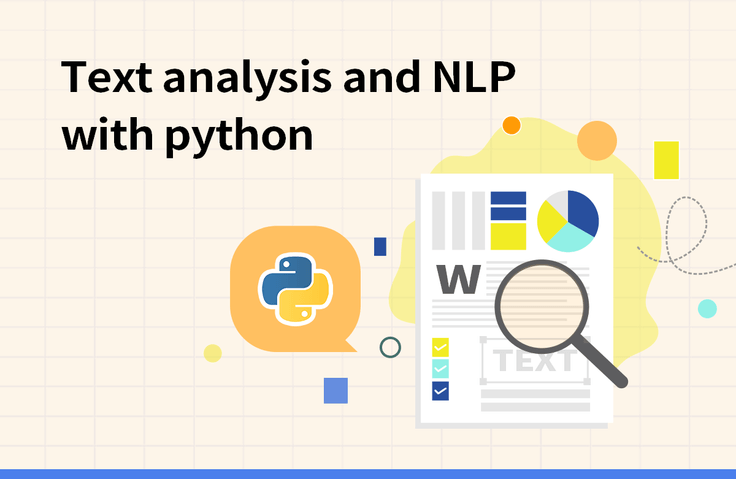
/builder/7ac34465-1ee1-4a23-b655-3327a9d73a6d/Screen%20Shot%202023-12-03%20at%201.52.59%20PM.png?w=960)
/builder/baa5a4e3-908c-49a8-bcc8-c356e5542059/Screen%20Shot%202023-12-03%20at%201.52.22%20PM.png?w=960)
/builder/acd74a68-598b-4d4f-bc2d-a659e02a662e/Screen%20Shot%202023-12-03%20at%201.54.29%20PM.png?w=960)
/builder/af5a1f27-33d8-4933-8b28-8640d38f964a/Screen%20Shot%202023-12-03%20at%201.57.09%20PM.png?w=960)
/builder/ab948198-bb88-488e-8c05-4984ab4a30dd/Screen%20Shot%202023-12-18%20at%209.23.48%20AM.png?w=960)
/builder/de87902f-3b6a-42a0-8fd5-217f2a54789a/Screen%20Shot%202023-12-18%20at%209.30.11%20AM.png?w=960)
/builder/7375f72d-6b4f-4394-ba1a-59c999ff3ae5/Screen%20Shot%202023-12-18%20at%203.14.01%20PM.png?w=960)
/builder/7bb3687a-7f64-4cb4-a7da-291f4413ce47/Screen%20Shot%202023-12-03%20at%202.00.47%20PM.png?w=960)
/builder/09c34d92-ac98-44ba-b608-6e1a4ff3d6f4/Screen%20Shot%202023-12-03%20at%203.13.56%20PM.png?w=960)
/builder/0ed39d60-cf71-4de8-887a-e77dfe12771d/Screen%20Shot%202023-12-03%20at%203.00.37%20PM.png?w=960)
/builder/54bb8f8b-3d4f-4c52-80a1-0b4742ac053f/Screen%20Shot%202023-12-17%20at%203.16.52%20PM.png?w=960)
/builder/a3f6ec6f-8fa0-4eff-b9ae-83e0541fc68c/pytextbook_joeunpark.jpeg?w=960)
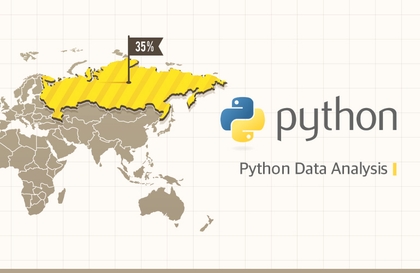
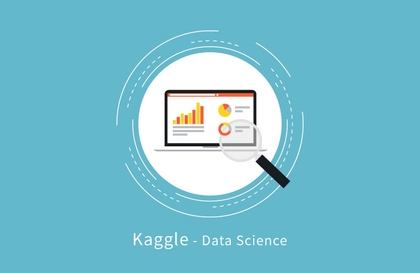
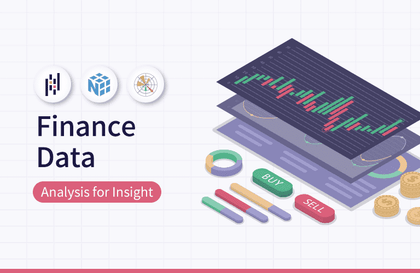
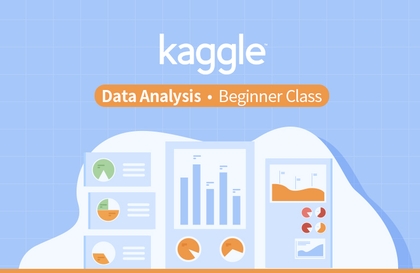
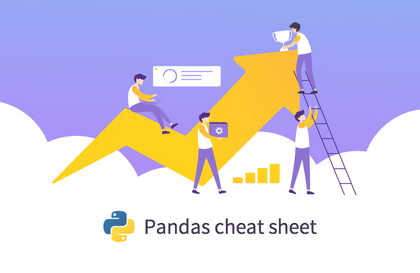
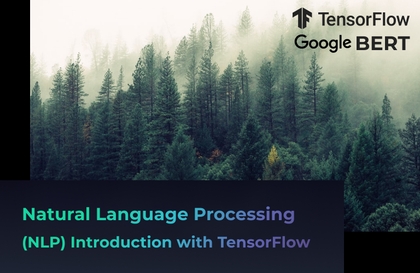
![[PyTorch] Learn NLP easily and quicklyCourse Thumbnail](https://cdn.inflearn.com/public/courses/325056/course_cover/b66025dd-43f5-4a96-8627-202b9ba9e038/pytorch-nlp-eng.png?w=420)
